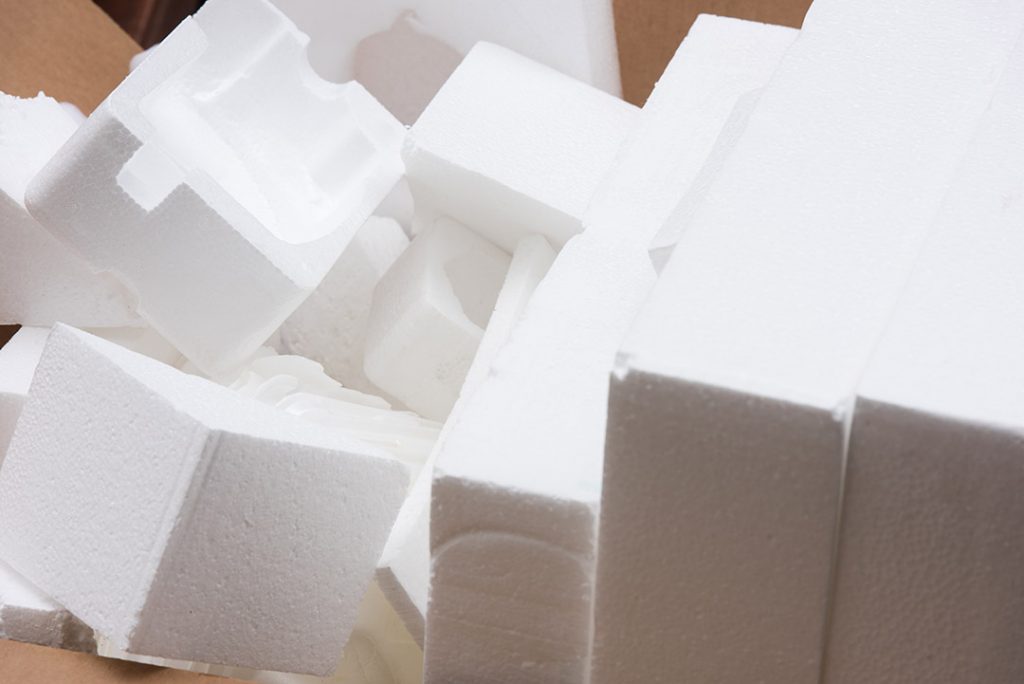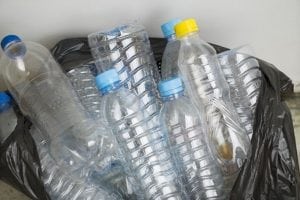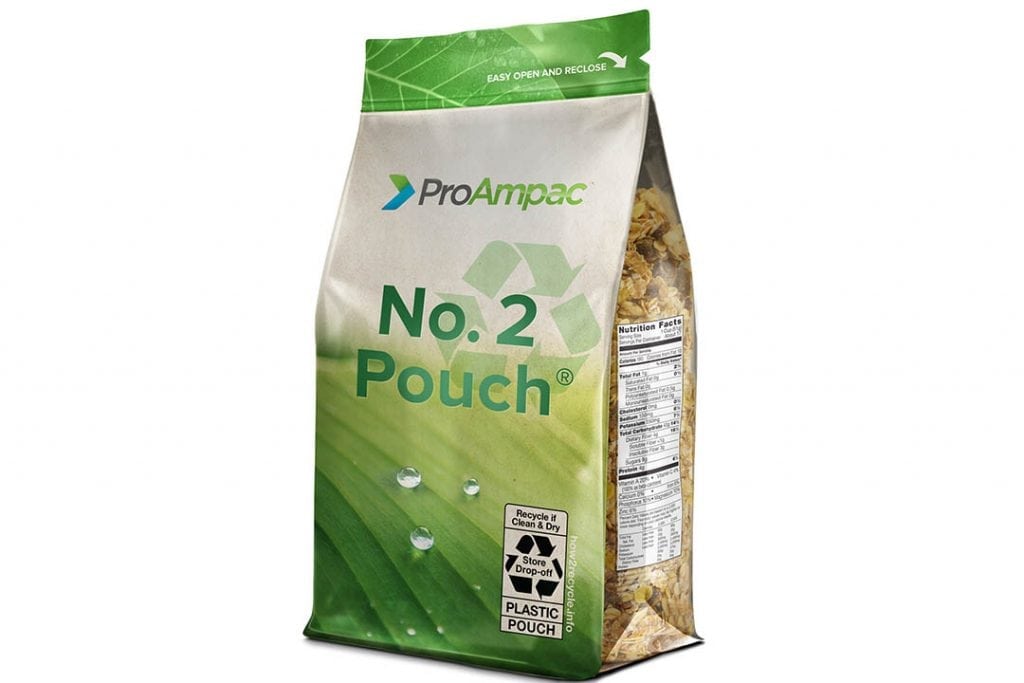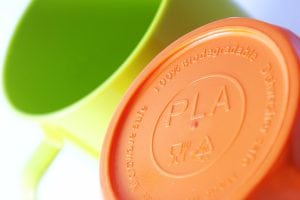 Depolymerization company Loop Industries has signed a letter of intent to supply recycled PET to beauty products giant L’Oréal.
Depolymerization company Loop Industries has signed a letter of intent to supply recycled PET to beauty products giant L’Oréal.

 Depolymerization company Loop Industries has signed a letter of intent to supply recycled PET to beauty products giant L’Oréal.
Depolymerization company Loop Industries has signed a letter of intent to supply recycled PET to beauty products giant L’Oréal.
 The Closed Loop Fund will provide millions of dollars to help scale up a PP recycling technology in Ohio.
The Closed Loop Fund will provide millions of dollars to help scale up a PP recycling technology in Ohio.

A Canadian company that recycle EPS via a dissolution process has raised millions of dollars to help it scale up.
 Quebec startup Loop Industries has unveiled a more efficient technology for depolymerizing scrap PET.
Quebec startup Loop Industries has unveiled a more efficient technology for depolymerizing scrap PET.
 A packaging converter has released a stand-up pouch that can be recycled via retail PE film collection.
A packaging converter has released a stand-up pouch that can be recycled via retail PE film collection.
 This story has been updated.
This story has been updated.
Inertia continues to build toward the use of tracers and digital watermarks to improve optical sortation of post-consumer packaging. Procter & Gamble is leading an effort to keep everybody on the same page and avoid market fragmentation.
 PLA, a polymer that’s growing in popularity, is often marketed to brand owners for its biodegradability in commercial composting systems. Now, a plastics technology company has developed a chemical process for recycling the polymer.
PLA, a polymer that’s growing in popularity, is often marketed to brand owners for its biodegradability in commercial composting systems. Now, a plastics technology company has developed a chemical process for recycling the polymer.

Global petrochemicals company Total has partnered with a startup that dissolves and recovers EPS for recycling. Officials from both companies recently provided more details about the deal.

A rendering of the future plant in Terneuzen, The Netherlands.
Stakeholders are getting closer to building a facility to recycle PS foam building insulation containing flame retardants.
 A scientific panel in Europe has greenlighted a number of processes and technologies for recycling post-consumer plastics into food packaging.
A scientific panel in Europe has greenlighted a number of processes and technologies for recycling post-consumer plastics into food packaging.
